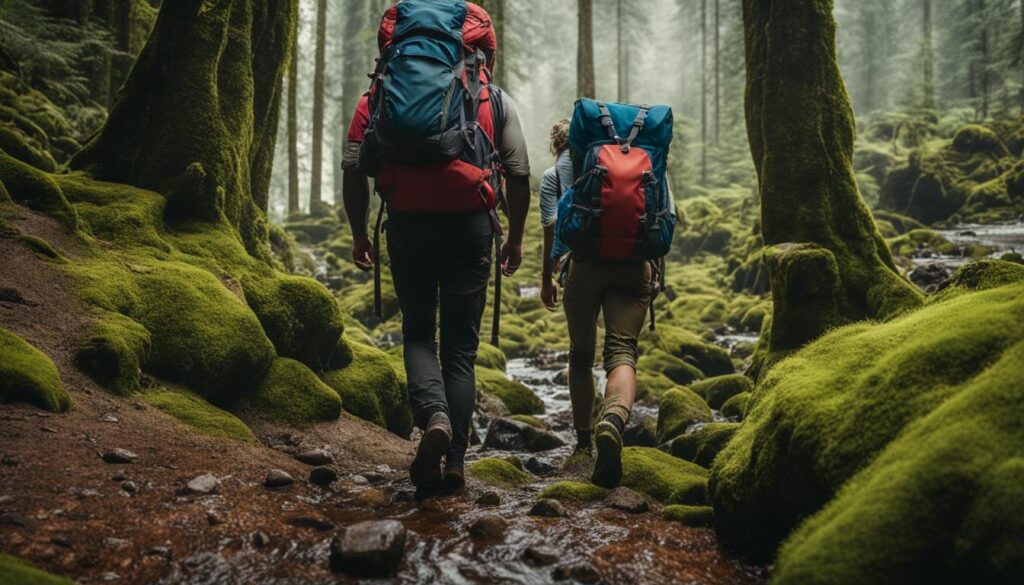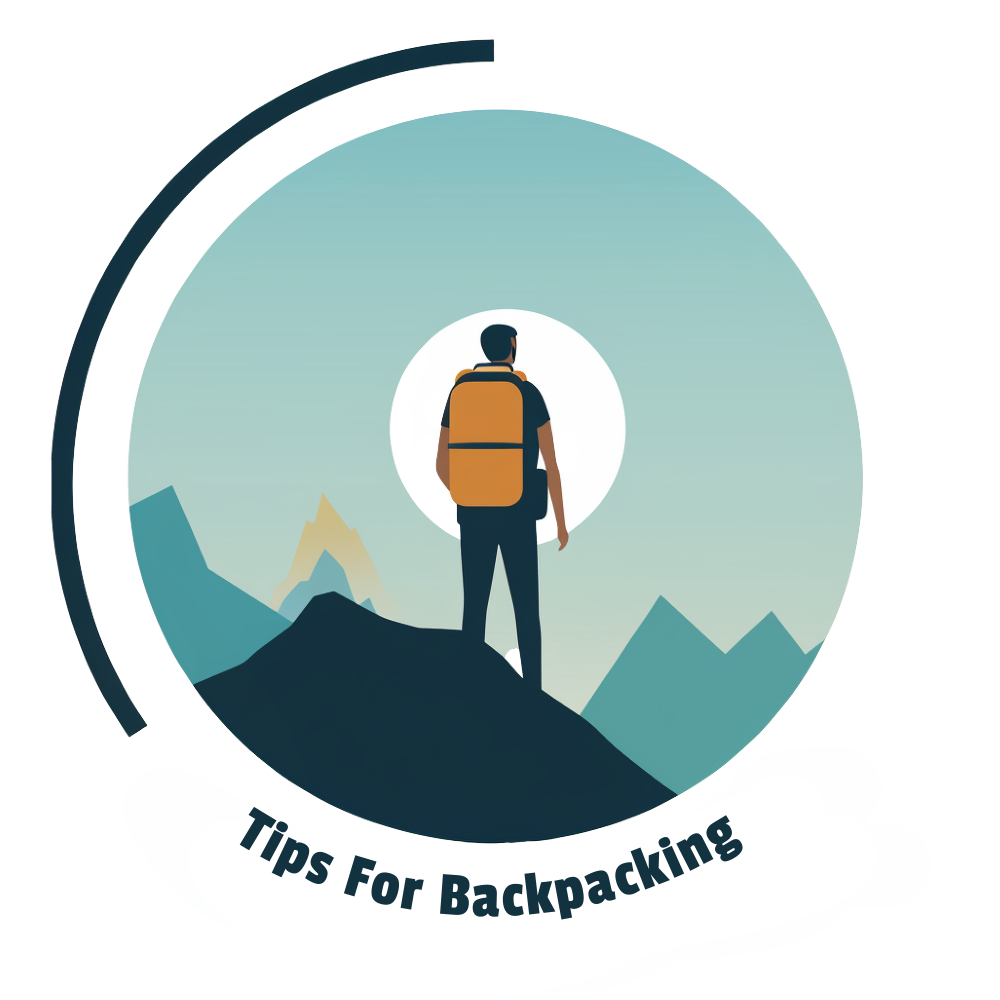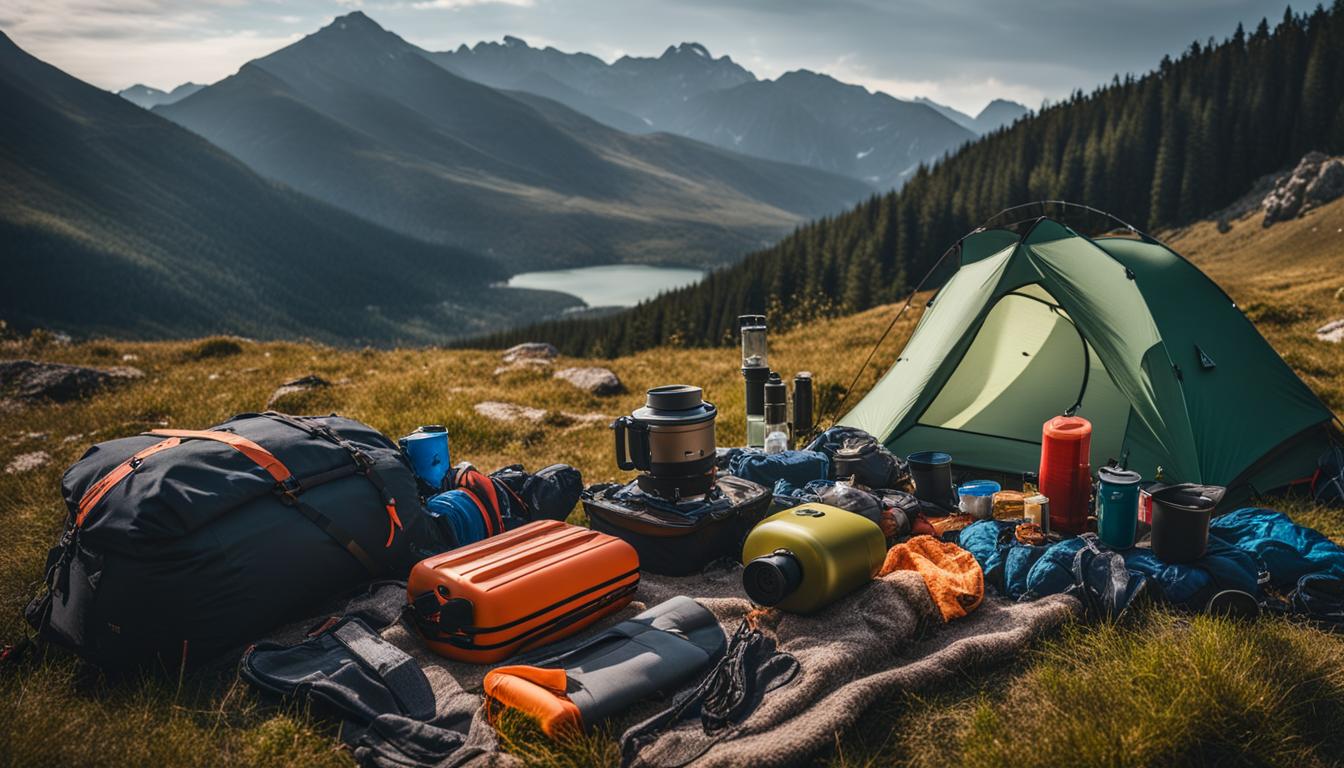Embarking on your first backpacking trip can be an exhilarating and life-changing adventure. From exploring breathtaking landscapes to pushing your limits and immersing yourself in nature, backpacking offers incredible experiences and opportunities for personal growth. But what should you expect on your very first backpacking trip? Let’s dive in!
Key Takeaways
- Prepare and educate yourself before your first backpacking trip to ensure a successful and enjoyable experience.
- Pack smart and bring only the essentials to avoid overpacking.
- Start with shorter hikes and gradually increase your mileage to avoid exhaustion.
- Learn basic navigation skills and always carry maps and a compass.
- Protect your food stash from critters by using odor-proof bags or bear canisters.
Common Mistakes to Avoid on Your First Backpacking Trip

Embarking on your first backpacking trip can be an exhilarating adventure, but it’s important to avoid some common mistakes that many beginners make. By learning from the experiences of others, you can ensure a smoother and more enjoyable journey. Here are some key mistakes to be aware of:
- Packing Too Much Gear: One of the biggest blunders is overpacking. It’s easy to get carried away and fill your backpack with unnecessary items. Instead, focus on bringing the essentials: a sturdy tent, a lightweight sleeping bag, appropriate clothing for the weather, a compact stove, and high-quality hiking boots.
- Tackling Too Many Miles: Another mistake is trying to cover too much distance in a short period. It’s crucial to start with manageable hikes and gradually increase your mileage as you build strength and endurance. Remember, backpacking is not a race, but an opportunity to connect with nature and enjoy the journey.
- Lacking Basic Navigation Skills: Knowing how to navigate using a map and compass is essential for any backpacking trip. Familiarize yourself with topographic maps, learn how to read contour lines, and practice your navigation skills before venturing into the wilderness. This will ensure you stay on the right track and reach your desired destinations safely.
- Not Protecting Your Food Stash: One of the most important aspects of backpacking is keeping your food safe from wildlife. Bears, raccoons, and other critters are attracted to the smell of food, so it’s crucial to store it properly. Consider using odor-proof bags or bear canisters to prevent animals from accessing your food stash.
By avoiding these common mistakes, you’ll be well-prepared for your first backpacking trip and have a more enjoyable experience. Remember to pack smart, start with manageable hikes, hone your navigation skills, and protect your food stash from curious critters. Happy trails!
What Should I Expect on My First Backpacking Trip and What Essential Advice Should I Keep in Mind as a New Backpacker?
Embarking on your first backpacking trip can be thrilling but overwhelming. As a new backpacker, it’s important to pack light, plan your route in advance, and invest in high-quality gear. Make sure to research the area beforehand and be prepared for any weather conditions. These are essential tips for backpacking.
Tips for Planning and Preparing for Your First Solo Backpacking Trip
Embarking on a solo backpacking trip can be a thrilling and empowering adventure. However, proper planning and preparation are essential to ensure a safe and enjoyable experience. Here are some tips to help you get started:
Choose a familiar and well-marked trail
When planning your first solo backpacking trip, it’s wise to choose a trail that you are familiar with. Opt for a well-marked trail that is less likely to pose navigation challenges. This will help build your confidence and ensure you can focus on enjoying the journey.
Start with a short-distance hike
As a beginner, it’s important to ease into solo backpacking gradually. Start with a shorter-distance hike that matches your skill level and physical fitness. This will allow you to become comfortable with the challenges of carrying a backpack and camping alone.
Research and prepare
Before heading out on your solo adventure, take the time to thoroughly research your chosen trail. Familiarize yourself with any permits or regulations that may apply, and check the weather conditions to ensure they are suitable for your trip. Additionally, make a comprehensive checklist of the necessary gear and equipment you’ll need to bring, such as a reliable water filtration system, a suitable shelter system, and proper food storage.
Practice using your gear
Prior to embarking on your solo backpacking trip, it’s essential to practice using your gear. Set up your tent, test your water filtration system, and become familiar with all the features and functions of your equipment. This will help ensure that you are comfortable and confident in using your gear when you are out on the trail.
By following these tips, you’ll be well-prepared and ready to embark on an unforgettable solo backpacking adventure. Remember to always prioritize safety and enjoy the journey at your own pace.

